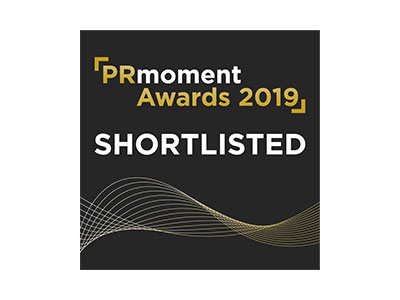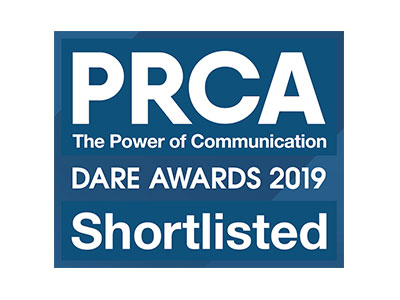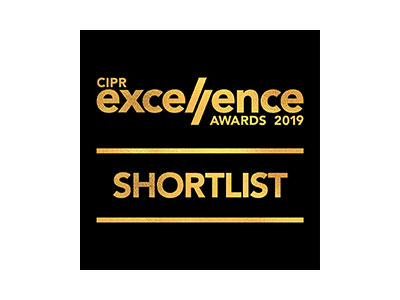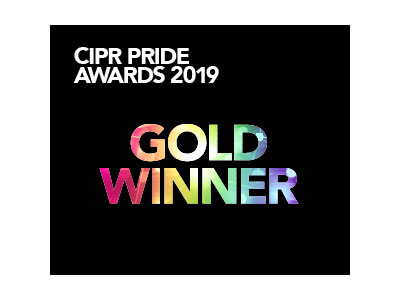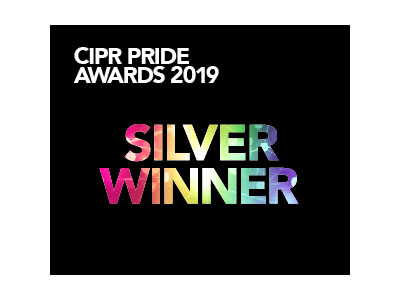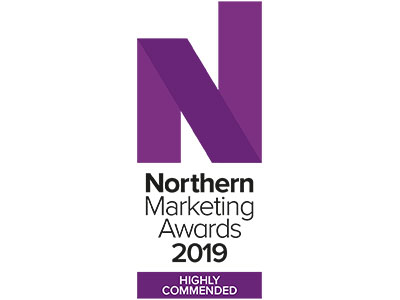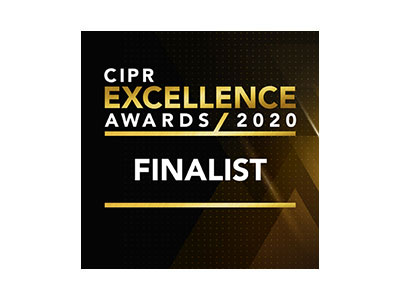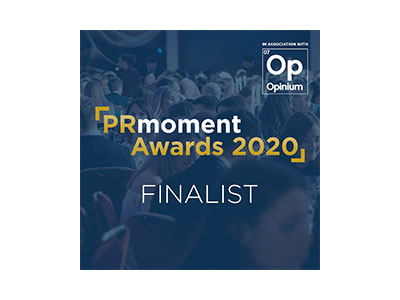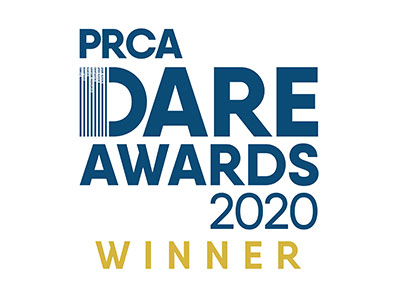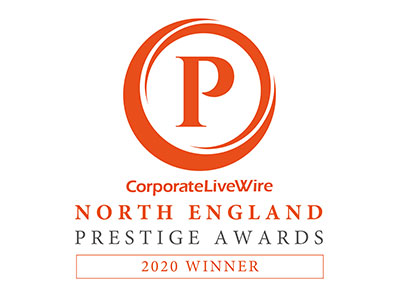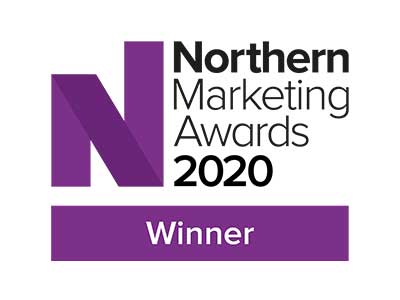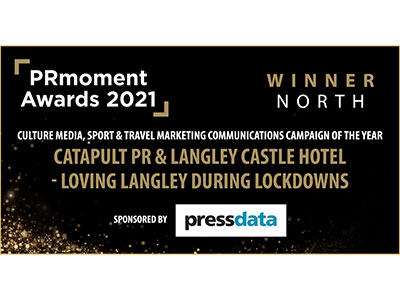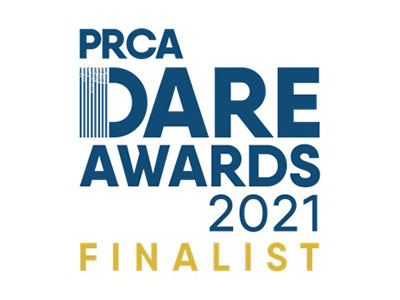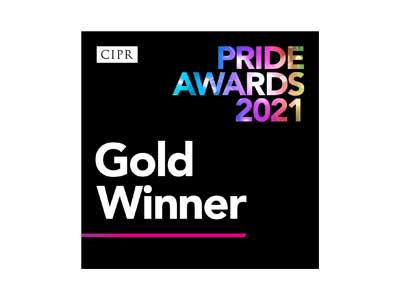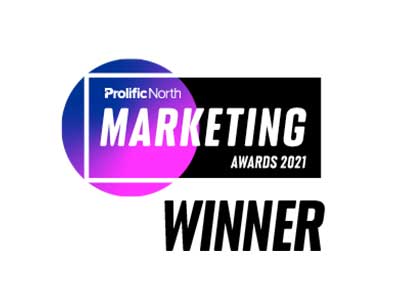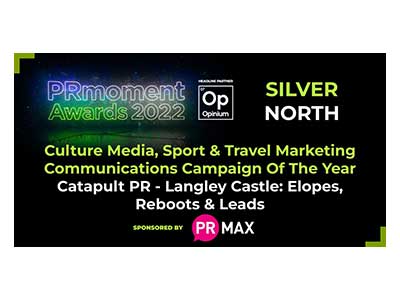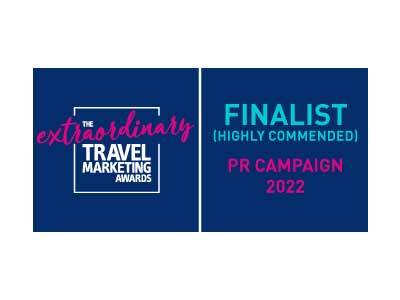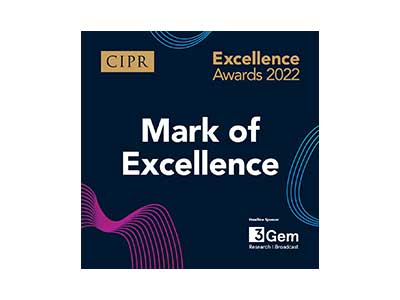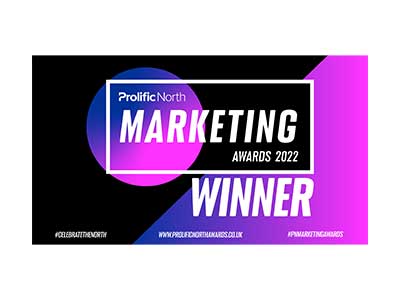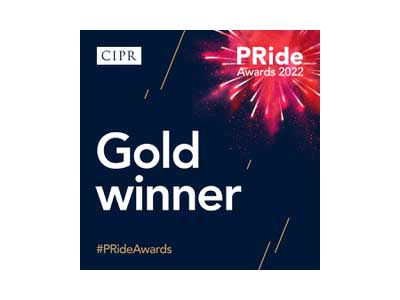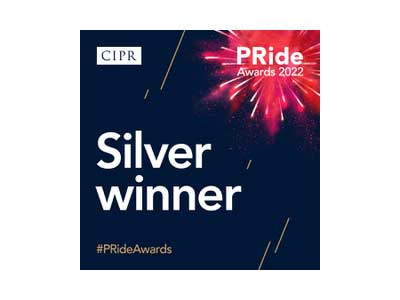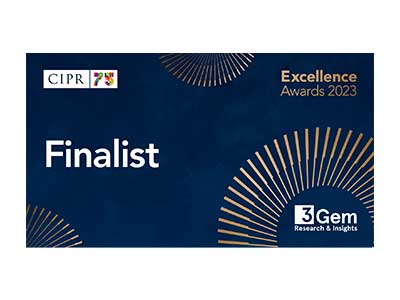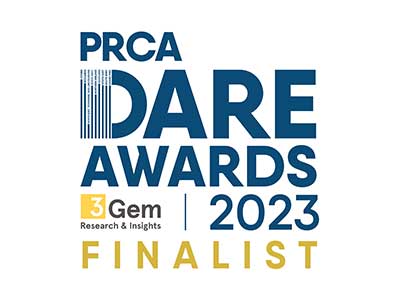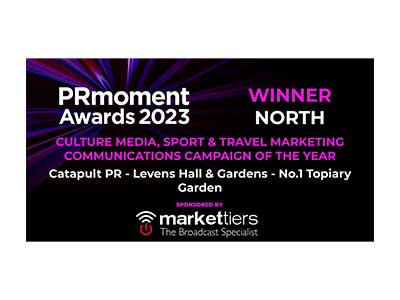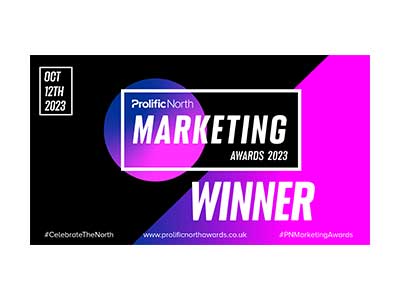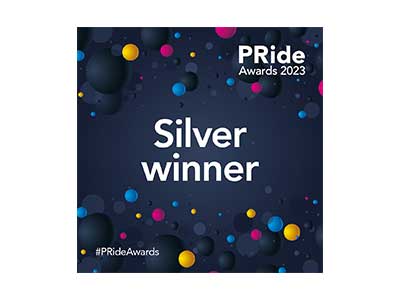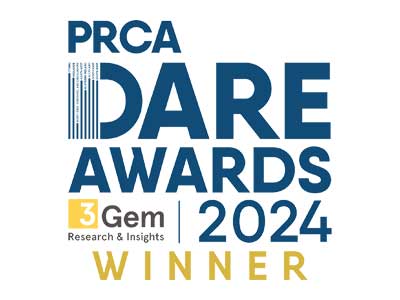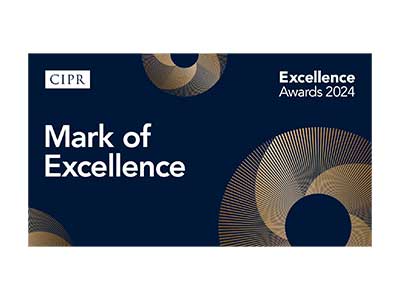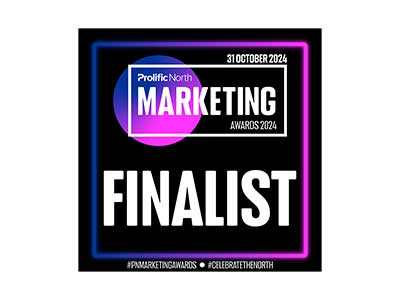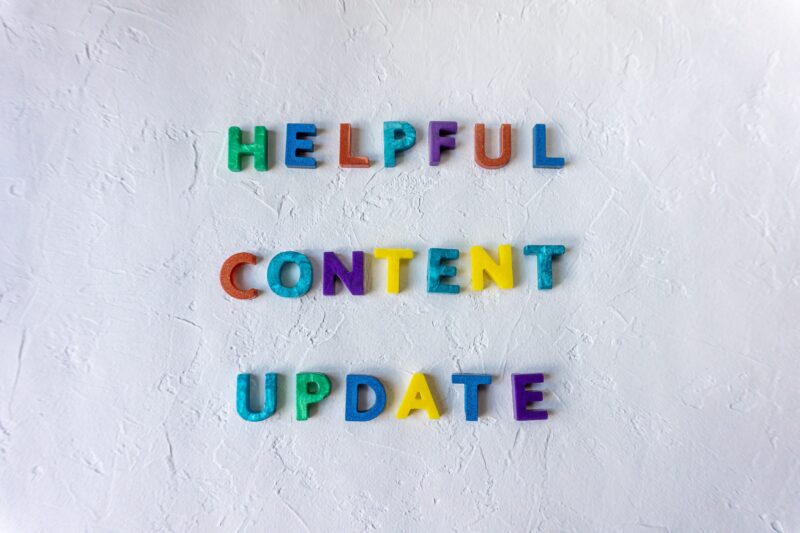
November 23rd, 2022
Why Does Good ‘Content’ Matter to Your Website?
As a PR professional and copywriter, I’ve been banging the content drum for many years. Over 30, in fact. Content isn’t new. It’s always mattered. It just matters in different ways now. It matters to Google. Google Search success also matters to many businesses. Put the two together and it’s easy to see why website and online content can’t be ignored.
But let’s look at our headline question again. Why does ‘good’ content matter to Google and why should it matter to you? The emphasis is on the ‘good’.
Google’s ‘Helpful Content’ update’
In August 2022, Google released its latest algorithm update. You don’t need to get too hung up on the ‘what is an algorithm’ issue. What it means is that Google will now reward websites that are ‘helpful’.
What does ‘helpful’ mean? It means giving people who arrive at your website something that adds value. It could inform, guide a decision, solve a problem, answer a burning question. It could prevent them having a gaping hole in their insurance cover, because you point out the danger. It could help keep their pet safe, because of advice you generously provide. It can be many things, but what it can’t be is a piece of copy stuffed with keywords, solely for SEO purposes.
If you have a website that is solely written in such a way as to attract web traffic via keywords, you are in big trouble. If Google detects that is the case, it will reduce your visibility in the search engine results pages (SERPS). Getting your ranking back will be a huge mountain to climb.
What does Google want to see within website content?
Google will now be rewarding websites that adopt a people-first approach, satisfying a human problem or wish. It will reward a strong user experience on a website. It wants to see a continuous publication of high quality content and that factor alone will contribute more than a quarter of the criteria needed for a high ranking. Second in the list will be metatag keywords. Keywords in URLs and H1 tags will only contribute around 2% of Google’s overall ‘score’ for a site; backlinks 15%. The latter is only slightly more important than a demonstration of niche expertise.
Thought-leadership content is king
The moral of the tale is that it will be thought-leadership-focused content that will be king – not just any old content. Who is best placed to create and write this type of content? You guessed it … PR professionals. It’s what we do here at Catapult PR, for our B2B clients, every day and what we’ve been doing for the past 25 years offline. It’s how we create authority and leadership in their sectors. Given that several of our 25 national and regional awards, over the past three years, have been won for B2B thought-leadership-focused campaigns, you can see why I’m excited by the Helpful Content update. Finally, clients and prospective clients might grasp why having top quality website blogs is vital.
Avoiding building your house on someone else’s land
But let’s forget Google, for one second. What else have we seen going on in the world? Rumours that Elon Musk might close down Twitter sent the world into a frenzy. Facebook’s erratic behaviour with Facebook Ads has seen many businesses suddenly lose a major sales channel, for no explicable reason. Concerns over Tik Tok’s Chinese origins are undermining confidence in that social media channel’s future in the West.
What does it all prove? Basically, that it’s a huge mistake to build your brand solely on someone else’s land, where you have no control over it and could lose all you have built up, quite literally overnight, if the plug is pulled. You need to ensure that your ‘owned’ content is just as strong and also performing well for you. Your ‘owned land’ is your website. Good website content matters because it gives you some brand security.
Next steps towards creating Helpful Content
If your website content is not ticking the Helpful Content box, you need to act fast. Even prior to the August algorithm’s launch, we saw a move towards Google seeking longer content, packed with insight, and also long-tail keywords. It was already looking for content that contains intelligent conversations around topics. Now, this is more imperative than ever.
Many agencies have slung together content that is simply packed with keywords and is pure SEO fodder. Going beyond the new brief will be difficult for many to fulfil. Most lack the research skills that we at Catapult use in our content and PR campaign planning and, to be honest, most would not be willing to invest the time in that. Even if they do, they then often lack the skills to write thought-leadership content. Even some PR agencies aren’t well-versed in doing that, as it tends to be a B2B skill.
The need for creativity in the Helpful Content age
Generating a continual stream of helpful content will require a level of creativity beyond some. It will require the skills of someone who can devised hooks and angles on an ongoing basis. Luckily, creativity has never been an issue at Catapult PR. It’s the cornerstone of our business and the main reason for our phenomenal success. 59 awards in the trophy cabinet speak volumes about our ability to use creative ideas to help our PR campaigns – both B2C and B2B – stand out from the crowd. Creativity has always allowed our clients campaigns to box way above their budgetary weight and be deemed more dynamic than those waged by much bigger agencies, with huge budgets at their disposal. Hundreds of awards judges can’t all be wrong!
Summing up
So, naturally we’re immensely excited about the arrival of the Helpful Content algorithm. We categorically know we can help clients get their websites in order and continually create great content for them.
As I have intimated, this is not a new thing. I still smile at the fact that I scooped a British Association of Industrial Editors award for an article that I wrote back in 1988 – great content, about a British Gas training exercise and inter-regional competition. Fast-forward to 2022 and I’m delighted to be rubbing the finger marks off the glass trophy won in the summer, at the national CIPR Excellence Awards. What was that for? Best Use of Content, of course.
Nothing has changed, other than the way in which the world now uses first-class content and the fact that it is now for an audience that is greatly amplified, thanks to the Internet. The implications of not having great content are, however, now profound. The message? Ignore good quality website content at your peril!


